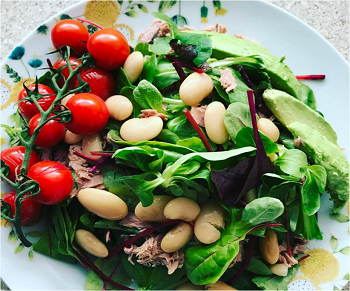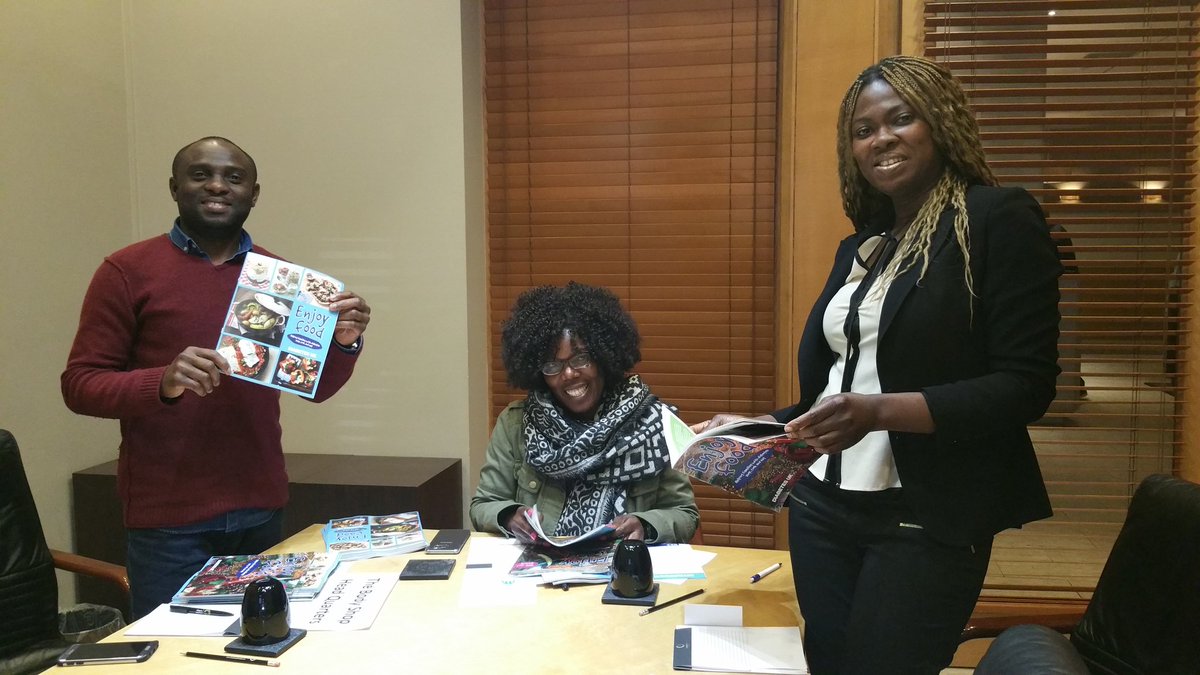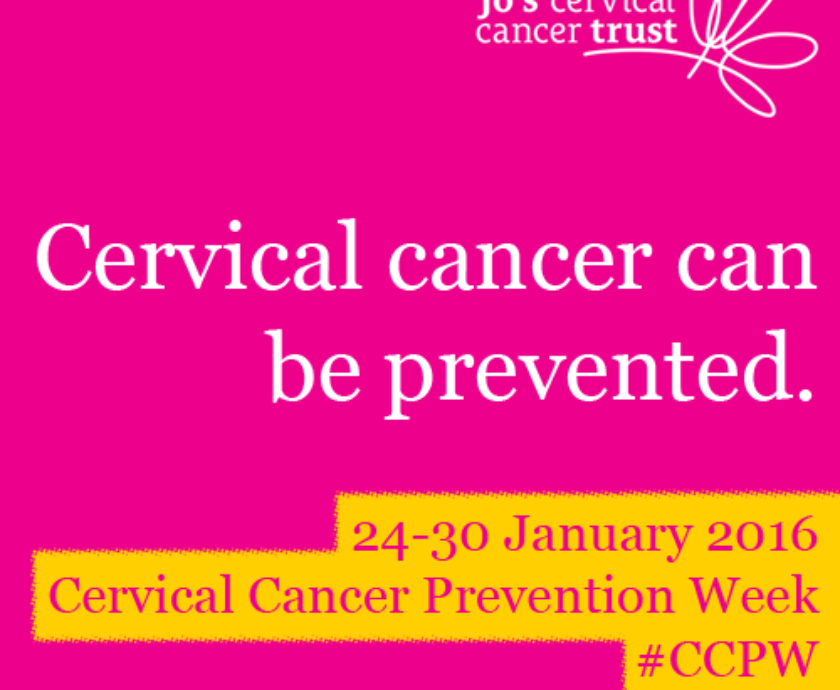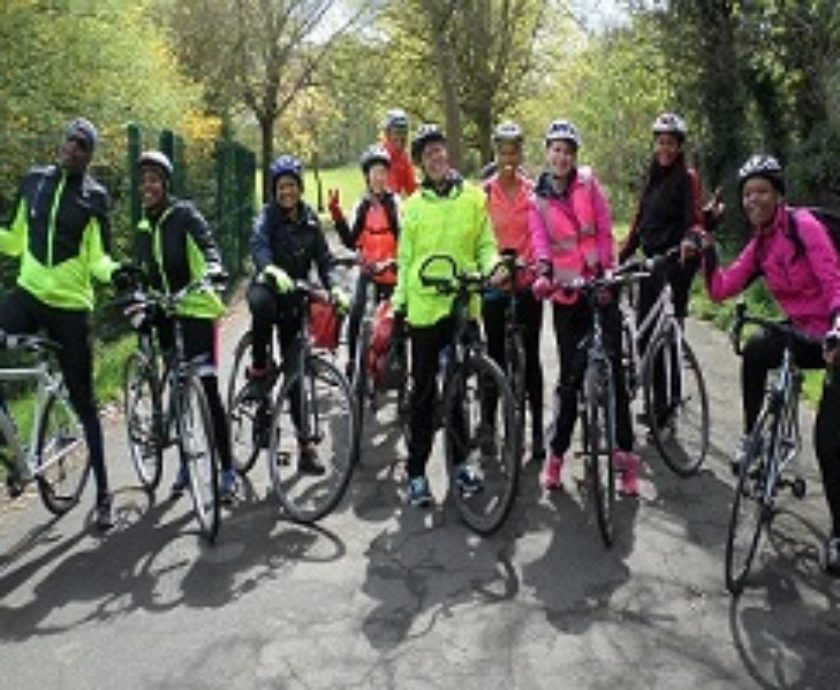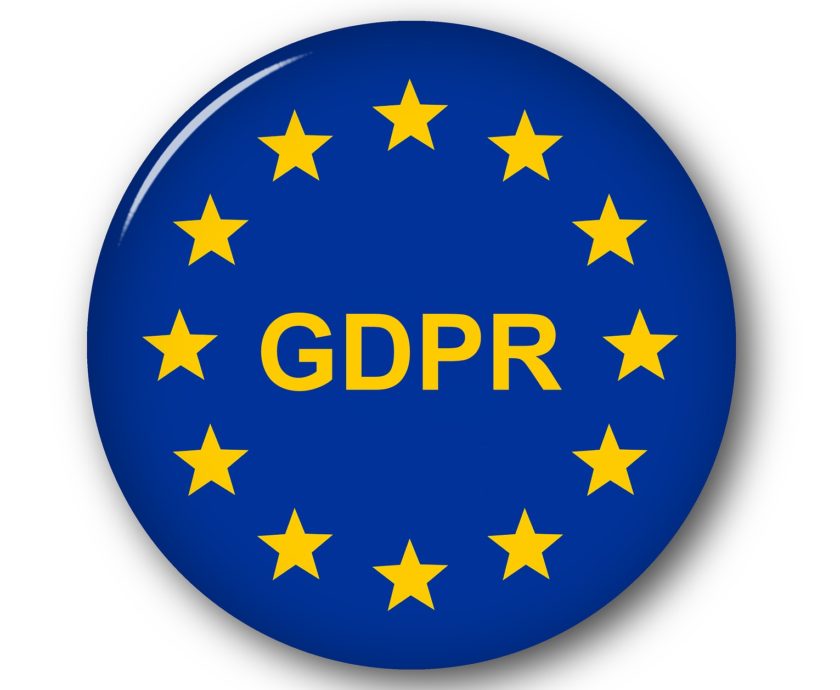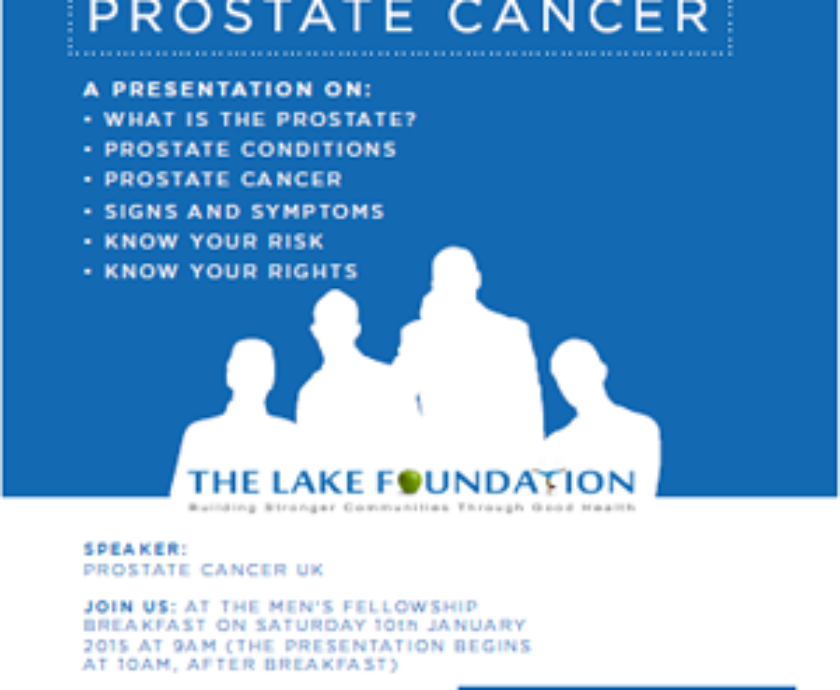On Wednesday 10th May, we attended the second annual Elevate conference, an event that aimed to tackle the issue of inactivity in the UK and provide a forum for cross-sector debate on physical activity, health and wellbeing.
This conference included seminars, a tech lab, a stage area showcasing interesting projects and products, and there was also an exhibition area.
The seminar programme was divided into four streams: Physical Activity for Health and Wellbeing; Inclusivity – Creating an Active Nation; Future Performance; and The Business of Physical Activity.
Inclusivity
We attended the sessions in the inclusivity stream which started with a keynote debate ‘Tackling Inactivity: What are the priorities? On the panel of this debate was: Steve Gray, the Chief Executive of Nuffield Health, Steven Ward, Executive Director of UK Active, Professor Robert Copeland, from Sheffield Hallam University and Paul Tuohy, Chief Executive of Cycling UK.
This was a very interesting discussion with the panellists giving their view on where we need to focus our attention if we are to ensure that exercise is more inclusive.
Steve Gray from Nuffield Health provided some good background stating that 1 in 3 people in the UK are inactive, 1 out of every 10 deaths in the UK is linked to an inactive lifestyle and inactivity costs the NHS £1Billion. He also explained that we have more people living in urban areas and most people are very much dependent on technology which has led to a more sedentary lifestyle.
He explained that there is no single solution to address this issue but felt that firstly everyone needs to take accountability and that includes the government, businesses and individuals. He also explored the fact that exercise needs to be more accessible practically (made more affordable, easy to fit into a person’s day) and emotionally (everyone needs to feel that they can do it). Finally he also discussed the fact that we need to look at new approaches that are bespoke, suit the individual and are holistic, so they go beyond just the physical.
It was also interesting to hear from Steve Ward from UK Active who explained that their work focuses on communicating the message that it doesn’t matter how long you move for just as long as you move. This is a simple message that makes exercise less daunting.
One of their main priorities is getting more children and young people active as we currently have the most inactive children compared to previous generations.
One area they are working on is making sure that children keep active during the summer holidays. He explained that during term time children tend to be very active but once they go on holiday all physical activity ceases.
Another focus area for them is targeting workplaces and ensuring that businesses have a health and wellbeing offer for their staff.
Paul Tuohy also provided some useful insight explaining that 90% of people in the UK own a bike but only 2% of people commute to work or school regularly. The challenge is how to get people from good intentions to action. He also explained that exercise needs to be made simple and people need to get away from the artificial idea that to be fit they need to be a member of the gym. With regards to cycling, he felt that there was a need to normalise cycling rather than feeding the idea that it is an elite sport. People need to see cycling as fun and something they can do everyday.
Engaging with the least active
We also really found the seminar session on addressing the least active very interesting. This focused on projects that have explored the motivations, attitudes and lifestyles of the most inactive people.
We first heard from Barry Horn from the English Federation of Disability Sport. He spoke about their project Get Out Get Active which is a sport and active recreation project for people with a disability. He explained the need for the project – people with a disability are the single most inactive people in the nation. He stated that their project looked at reaching inactive groups through outreach, engagement and effective marketing and a major priority for them was ensuring sustainability – making disabled people active for life.
As part of their project they explored what disabled people wanted from an exercise program and 64% wanted to take part in physical activity and sport with non-disabled people, they didn’t want to be excluded.
They have also developed some key principles for getting people active – drive awareness, engage the audience and offer support and reassurance.
In this session we also heard from Age UK about how they are getting the elderly more active and the Women’s Sport Trust on the work they’re doing with girls and women. We were particularly interested in the presentation by Anun King from Sporting Equals about exercise and ethnicity. He showed data that looked a physical activity and participation in different ethnic groups and this suggested that black and Asian women were the least active. He explained that some of the barriers to participation were cultural, attitudes to exercise, socio-economic and organisational. To address this Sporting Equals have implemented a number of project including a faith centre model. This focused on people from an Asian background. Anun explained there were a number of benefits of working with faith based organisations, these include their large footfall and they have indoor and outdoor facilities. He discussed other projects which included their cultural events model, community sport zones and ethnic minority media work.
Great day out
This was a really busy day that we thoroughly enjoyed it. We attended so many presentations but just wanted to highlight a few interesting ones in this blog. Other projects that you may find interesting that we learnt about at Elevate were:
- Working with disadvantage communities to remove barriers to participation and get children and young people active
- WHO HEAT Tool
- Tackling inequalities and behaviour change in Birmingham
You can find out more about Elevate on their website and look out for the next event in May 2018.









